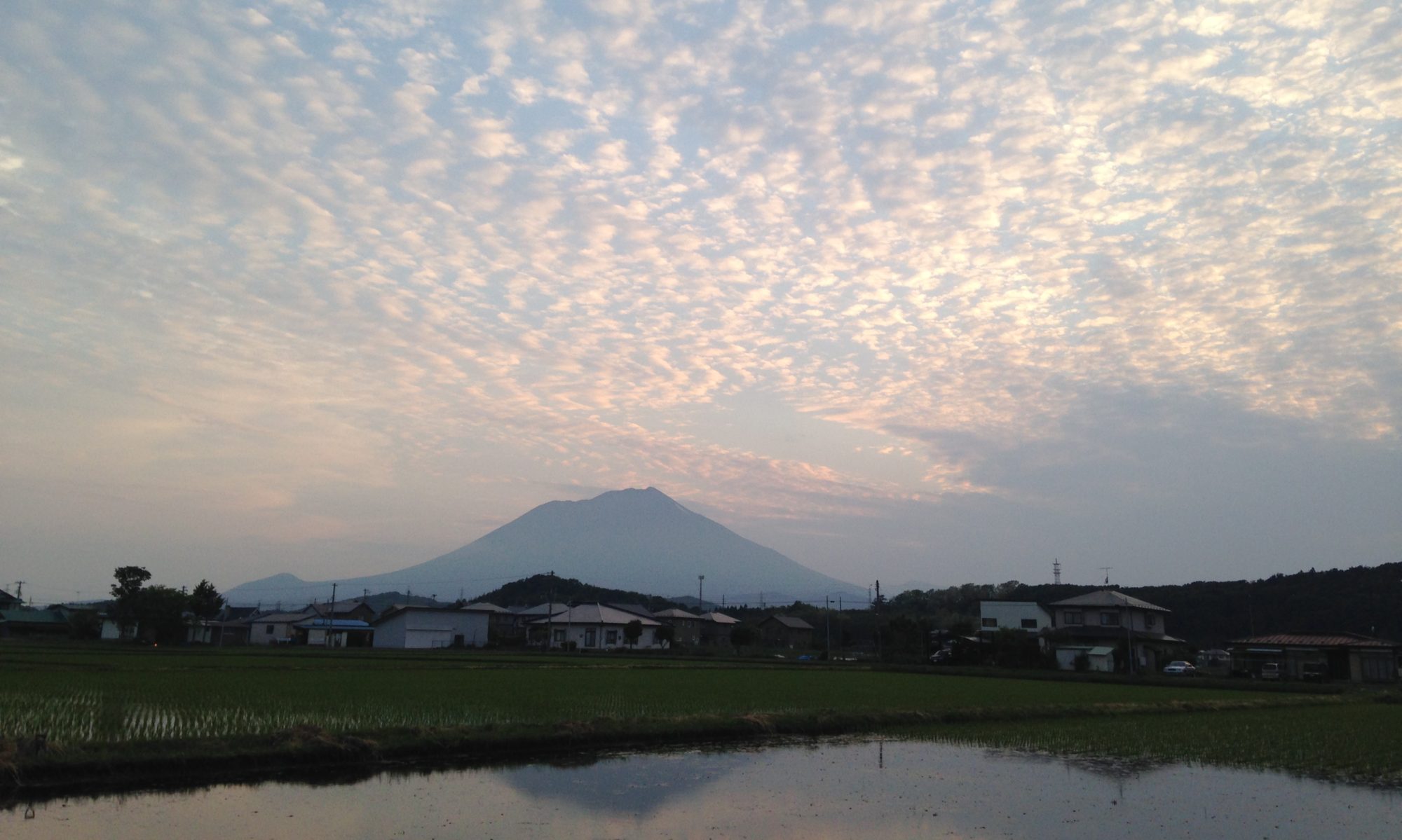On what authority do humans claim dominion over this planet?
An influential part of the philosophy which politics and laws are built upon (particularly in the United States and similar places) are themselves built upon at least one false premise regarding the nature of property. The nature of conditional logic may lead them to “true” conclusions, as a true premise and false conclusion is the only way which the argument may be considered false, and yet, a false premise with a true conclusion does not make the argument valid (for example, ‘if two is odd, then four is even’).
Take a look at both Hobbes and Locke, commonly thought of as key thinkers in regard to American political thinking. While they may disagree over what the state of nature is, they do seem to agree that in one way or another, the planet was gifted by God to the first humans and thus primarily existing for the sake of humans to use. This is based on what is written in a theological text being used as a historical reference.
The claim simply has not aged well – we know now that Adam, the supposed first human, (to say nothing of this “God” fellow) absolutely did not exist. There was no “first” human, that is not how species evolve, and seeking to find a “first” human mistakes an incremental yet continuous change for one of discrete steps – it is examining the set of all real numbers through the lens of the set of all natural numbers, it misses literally infinite parts. of the process.
Their assumptions of the state of nature do not take into account the way of life and outlook of the planet of the hunter-gather communities, in which humans, in their known entirety, lived in without exception until about 12,000 years ago (the oldest known remains of a modern human is from about 300,000 years old, by the way).
One could read political philosophy and suppose the earth existing for human use is just a decided fact. The proposition that the planet exists explicitly for the purpose of human exploitation is not supported by anything which is not based squarely in mythology.
In other words, the authority of these ideas around the resources of this planet being free-for-taking comes primarily from theology, of which there is no actual proof, leaving the claim with no alternative justification. There is no place for unjustified authority.
If not humans, who does the planet belong to?
Simply put, it doesn’t belong to anyone or anything. Does it have to?
A plot of uncultivated land is not waste. Even considering things purely from the perspective of the impact on the human world, the world of insects and microorganisms is not absolutely distinct from the world of humans. The connection may not be obvious due to the scale of this ranging from things much to small to see with the naked eye to things much to large to directly perceive in their entirety. Trees, for instance, do not exist for the various things humans can make of them – humans and other land animals actually rely on the existence of trees and similar lifeforms to create what we deem a breathable atmosphere. Everyone can agree on that, however, it is the ecosystem of the soil which supports the tree; who knows what else is built upon it? The various ecosystems of the planet are connected, this much is known, how change in one area influences change in another is an observable phenomenon, but the implications of this are unclear.
In any case, seeing the earth as property or as a commodity, is not the only model for society nor is it the only perspective that one can take.
Second installment of Nine Months of Non-Fiction.

One Reply to “The Earth Does Not Belong To Humans”
Comments are closed.